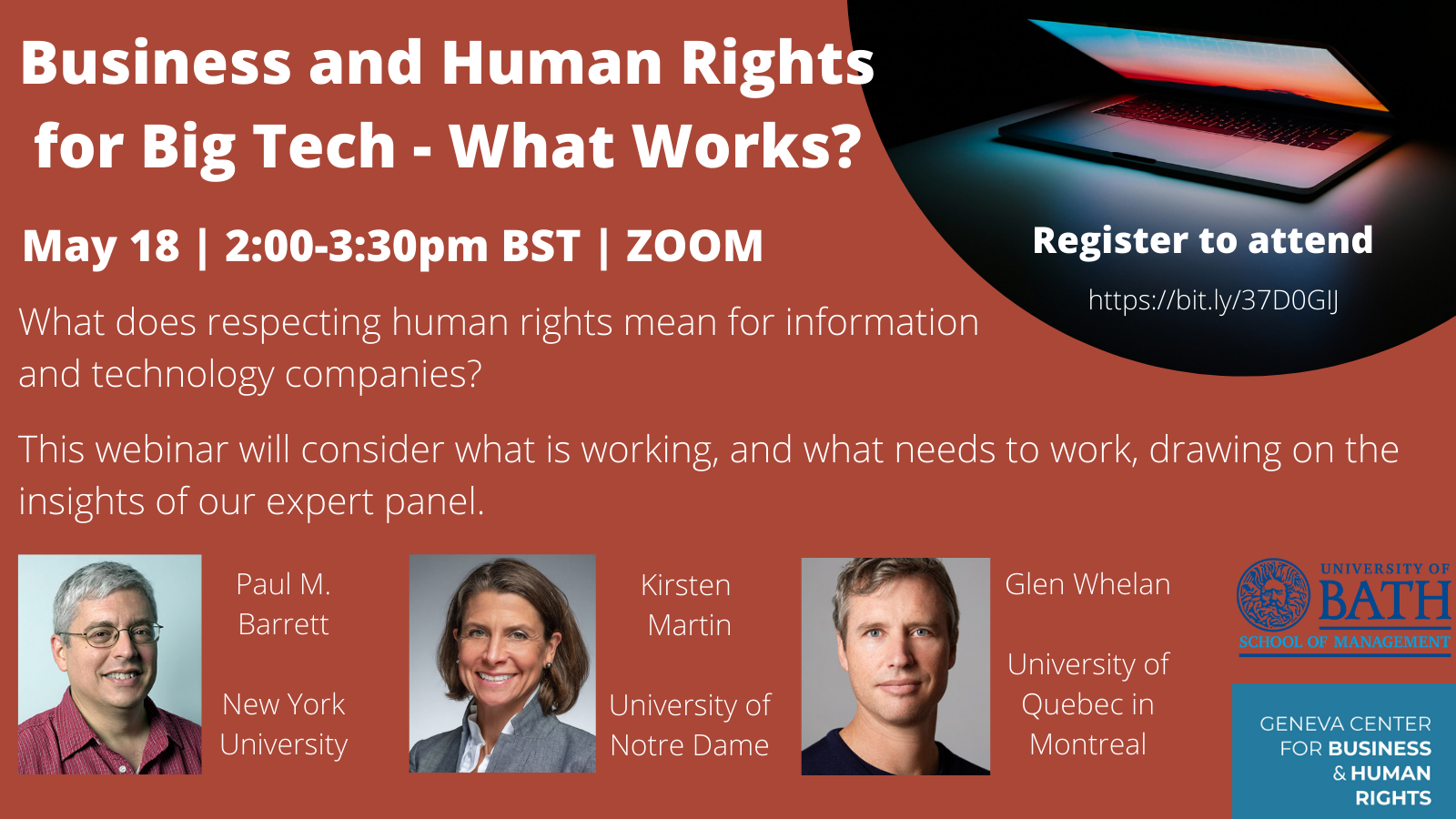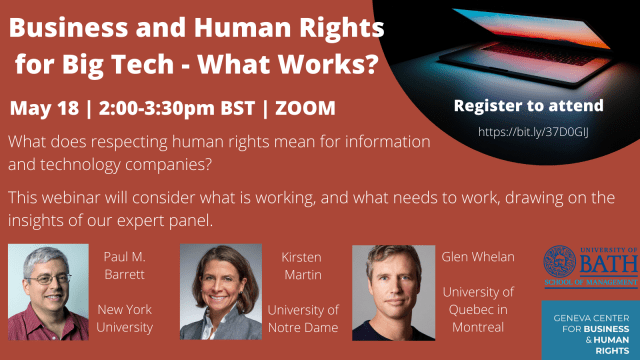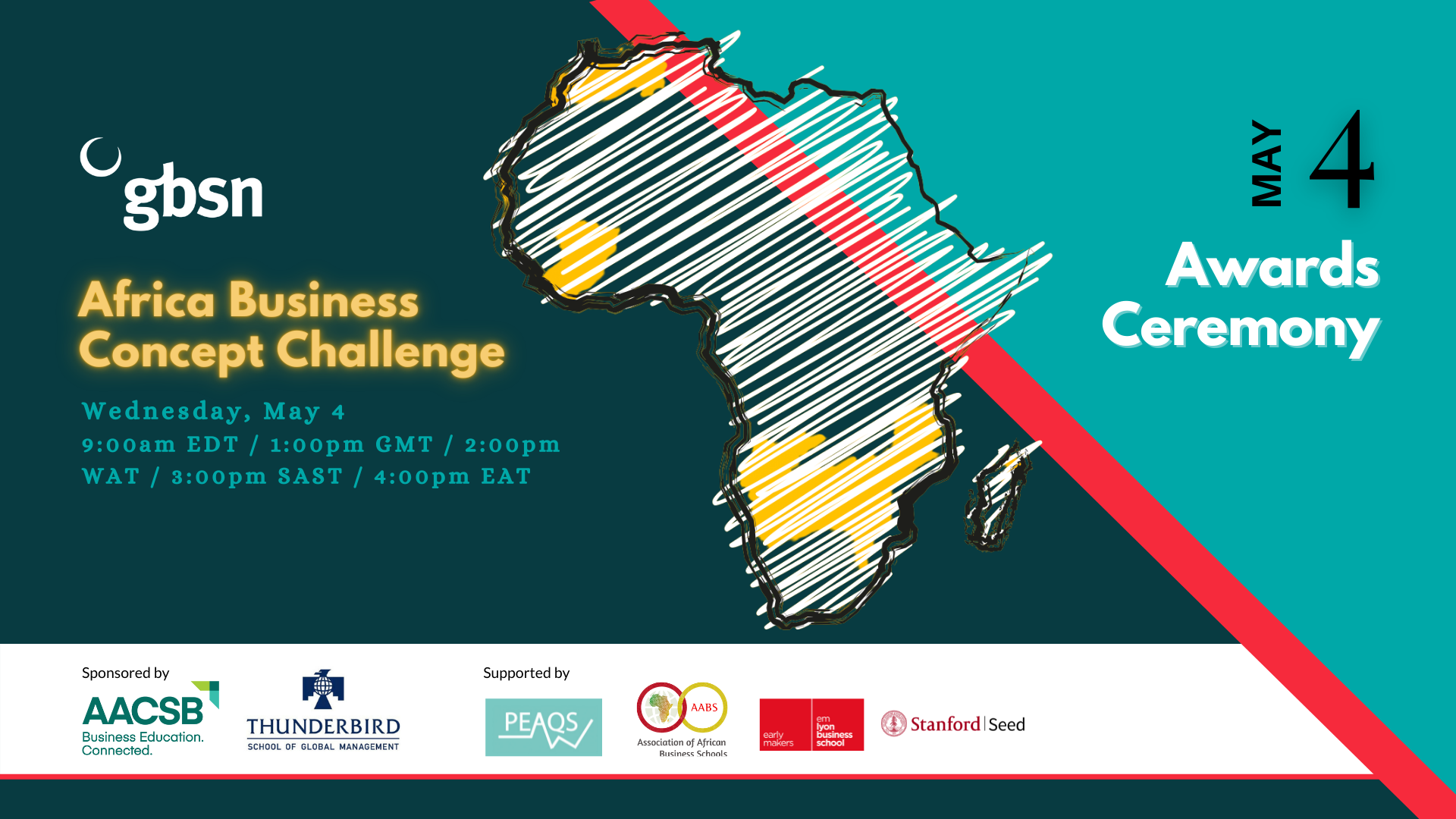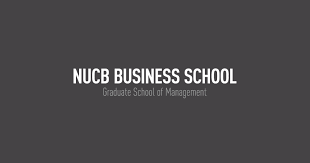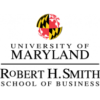The Fulbright-Hanken Distinguished Chain in Business and Economics Award provides U.S. scholars with the opportunity to guest lecture and conduct research at Hanken School of Economics in Helsinki, Finalnd.
Purpose of the Grant Program
Hanken School of Economics is a research-intensive business school with a program portfolio covering the whole range from BSc to Ph.D. and Executive Education.
The Chair conducts research in the area of specialization and contributes to Hanken’s knowledge dissemination to academia and the corporate world and/or teaches in Hanken’s degree programs and Executive Education.
In addition to guest lecturing at Hanken School of Economics the Fulbright-Hanken Distinguished Chair is encouraged to network and create linkages throughout Finland and give occasional guest lectures at other Finnish universities. The Chair and Hanken faculty at the department work together in designing the Chair’s activities.
The Fulbright-Hanken Distinguished Chair is jointly funded by Hanken and the Fulbright Finland Foundation.
The Chair Position
The Chair is available to full professors and associate professors in Business and Economics. The Chair conducts research in the area of specialization and contributes to Hanken’s knowledge dissemination to the corporate world and/or teaches in Hanken’s degree programs and Executive Education.
In addition to lecturing at Hanken School of Economics the Fulbright-Hanken Distinguished Chair is able to network and create linkages throughout Finland and give occasional guest lectures at other Finnish universities. The Chair and Hanken faculty at the department will work together in designing the Chair’s activities.
Applicants may but are not required to include a letter of invitation from Hanken School of Economics in their applications. However, assistance in connecting with Hanken School of Economics is available from Fulbright Finland if needed.
Benefits
The Fulbright-Hanken Distinguished Chair in Business and Economics is available for visits of 3–6 months. It includes:
- Monthly allowance of 5,600 EUR (approx. 6,200 USD*). A total stipend for 6 months is 33,600 EUR (approx. 40,285 USD*).
- Travel allowance of 2,000 USD.
- Residence permit allowance (based on the actual permit fees, including grantee and accompanying family members).
- Housing is arranged and payed for by the host institution for the scholar.**
- Work facilities and administrative support.
- The award can be split into two segments within one or two academic years. Each segment must be a minimum of two months and together the two segments cannot exceed six months.
- Orientation and support services provided by Fulbright Finland in Helsinki. For example, Fulbright Finland will arrange a four-day arrival orientation in Helsinki for all American Fulbright grantees at the end of August each year.
- Fulbright Finland mid-year activities and networking opportunities (such as the American Voices Seminar at the University of Turku) each year.
- Possible guest lecturing opportunities in other Finnish higher education institutions and in other European countries.
* amounts are subject to change due to currency fluctuations.
** should be confirmed in the letter of invitation.
Eligibility
This prestigious appointment in the Fulbright Scholar Program is available for scholars specialized in Business or Economics who are full or associate professors.
Distinguished Chair eligibility guidelines and review criteria are published on the Council for International Exchange of Scholar (IIE/CIES) website.
In Finland the applications are evaluated according to the evaluation criteria set by the Fulbright Finland Foundation Board.
Applicants residing in Finland are not eligible for a Fulbright grant.
Scholar selected for this award can choose to:
- Advise and/or mentor students
- Assist in faculty, curriculum, and/or program development
- Conduct a research project designated by the host institution
- Conduct a research project of the applicant’s choosing
- Teach graduate and/or undergraduate courses designated by the host institution
- Teach graduate and/or undergraduate courses of the applicant’s choosing
AWARD LENGTH: 3 months – 6 months
AWARD START PERIOD: August 2023 or January 2024
Hanken School of Economics
Hanken is a leading, internationally accredited university with over one hundred years of experience in education and research in economics and business administration. Hanken School of Economics, one of the oldest business schools in the Nordic countries, was established in 1909 as a Swedish speaking school. Today, Hanken is the only stand-alone business school in Finland. The research and study environment is international, and there are campuses in Helsinki and Vaasa, Finland. Classroom instruction is conducted in both Swedish and English.
Research at Hanken is carried out within all departments, with a special focus on four interdisciplinary areas of strength: 1.) Competition Economics and Service Strategy, 2.) Financial Management, Accounting, and Governance, 3.) Responsible Organizing and 4.) Leading for Growth and Wellbeing. Hanken has also identified the following three high-potential research areas: Digitisation and Sustainability in Intellectual Property; Humanitarian and Societal Logistics; and Strategic and Entrepreneurial Praxis.
Many of Hanken faculty members are at the forefront of their research areas and publish in top tier academic journals. Hanken also cooperates with the corporate world, which is reflected in joint research projects, active interaction through our partner programs as well as generous support in fundraising.
Hanken is the first university in Finland to introduce a mandatory period abroad as an integrated part of the curriculum. The students are thus offered a unique opportunity to create their own international networks for life through an exchange or internship period abroad. These lifelong networks are created both internationally and at Hanken. They permeate the studies and play an important role in the excellent placement of alumni in the international job market.
Through the Hanken alumni network and activities, the network built while at Hanken and the ties to the School are maintained and broadened after graduation. Hanken has more than 14,000 alumni, working in leading positions in more than 70 different countries. Hanken alumni are highly competitive and appreciated on the job market; 95% have a job within three months of graduation. In addition to getting a high-quality degree, Hanken alumni become part of a lifelong network with excellent opportunities for both professional and personal development.
The application period for the 2023-24 academic year closes on September 15, 2022.
The U.S. program partner in the Fulbright Distinguished Chairs Program is the Council for International Exchange of Scholars (IIE/CIES). Applications are submitted through IIE/CIES, which pre-screens the applications in the United States and forwards the recommended dossiers to the Fulbright Finland in Helsinki for final selection.
Additional information, including detailed application instructions is available from the IIE/CIES website and Fulbright U.S. Scholar Catalog of Awards.
Fulbright Finland encourages potential applicants to contact the office directly with any questions.
**NOTE: Late June, July and early August are traditionally summer vacation months in Finland and responses to inquiries may be delayed. Applicants are advised to contact the Finnish host institution well ahead of time to solicit an invitation letter for their application. Please note that the Fulbright Finland Foundation office observes the summer Finnish holiday season and is closed in July. If you have urgent inquiries, kindly contact us prior to July.
Resources for Hosts
Click here for instructions for writing invitation letters and a checklist for a U.S. scholar’s host.
Contact Information
Fulbright Finland Foundation
Hanken School of Economics
Mrs. Jenny Lundén-Morris,
Scholarship Liaison Officer, Research and University Services
+358 40 3521 235
stipendieombud@hanken.fi
Timeline
Application period start: Early February, 2022
Application period end: September 15, 2022
Earliest possible starting date: August 2023
Mandatory orientation: TBC ((expected in mid-August 2023 or mid-January 2024)
What is the Fulbright Finland Foundation?
The Fulbright Finland Foundation is a private, independent, not-for-profit organization based in Helsinki, Finland. The Foundation’s aim is:
- to promote a wider exchange of knowledge and professional talents through educational contacts between Finland and the United States, and
- to support the internationalization of education and research in Finland, and help U.S. and Finnish institutions create linkages.
What Makes the Fulbright Finland Foundation Program Unique?
In addition to the grant, the Fulbright Finland Foundation offers the grantees several additional benefits and free support services, as well as an access to a global, multi-professional network.
We are looking for applicants who want to impact the future and to make a difference – applicants who want to facilitate positive change, develop and advance their own profession or discipline, and find solutions to national and international challenges in their field.
The grantees also act as ambassadors for the Fulbright Finland Foundation, their home country, and their home organization and, in this way, do their part in sharing their home country and culture and contributing to the relations between Finland and the U.S.
Questions?






